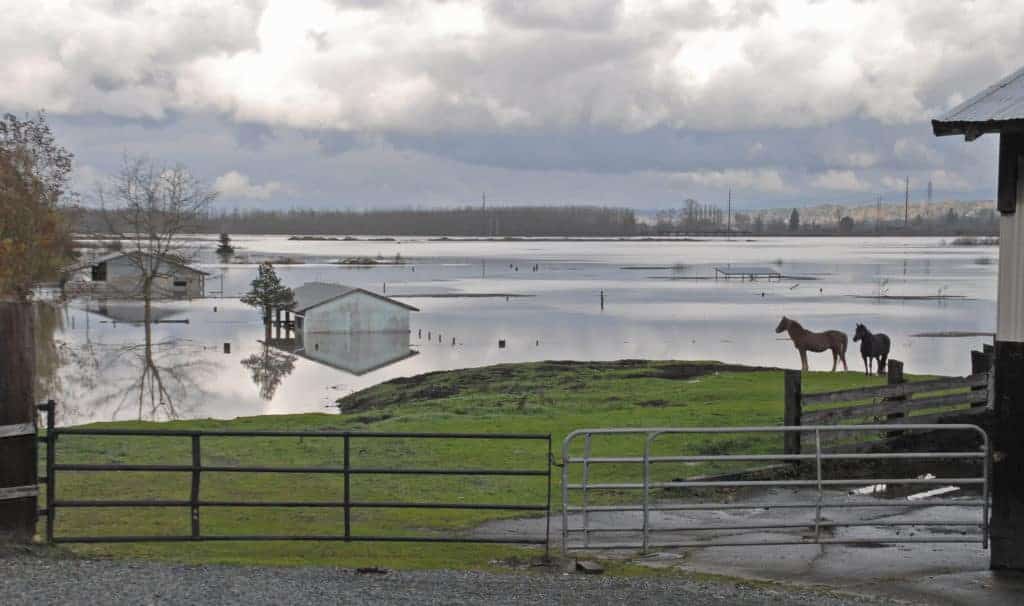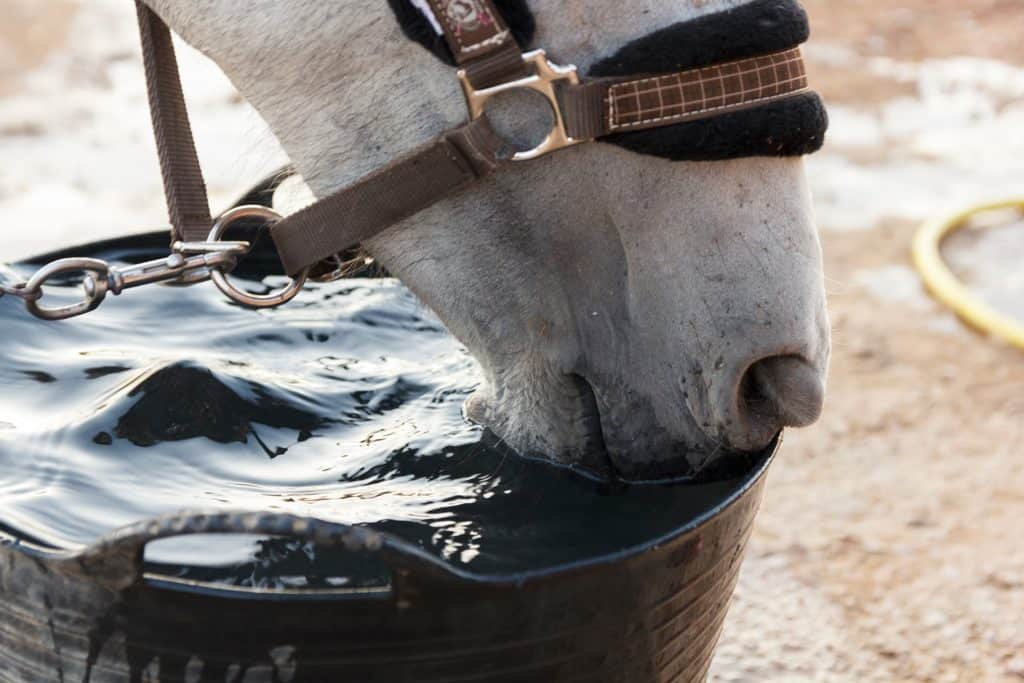
Ration Balancer vs. Vitamin and Mineral Supplements
Why is the serving size of a vitamin and mineral supplement for horses so much smaller than a ration balancer serving?

Why is the serving size of a vitamin and mineral supplement for horses so much smaller than a ration balancer serving?

Remember these tips on leaving food and water for horses should you need to evacuate without them during a disaster.

When does a horse need selenium supplementation, and what’s the best way to provide it? An equine nutritionist weighs in.

Be sure your horse’s hoof supplement contains these minerals to ensure it will positively impact his hoof health.

One equine nutrition expert describes why a horse might choose to drink water with electrolytes over plain water.

Proper nutrition can make or break joint health. Here’s what you should know.

An equine nutritionist answers a reader question about how her horse’s diet might play a role in his poor coat quality and hair loss.

Can feeding copper help darken a horse’s coat and prevent sun-bleaching? Learn more about this important trace mineral.

Learn why this antioxidant is important for muscle health and how to supplement it safely.

Decipher fact vs. fiction when it comes to the complicated world of feeding horses.

Here’s a look at what hair analysis and bloodwork each can tell you about your horse’s nutritional health.

Is your hay more than 6 months old? Then it might be losing vitamin A and E.

One equine nutritionist explains why mineral blocks might not be ideal for mules, and what can replace them.

An equine nutritionist explains what changes you can make to your horse’s diet to help him better cope with stress.

Does your horse need a salt block? Should you top-dress their feed? An equine nutritionist weighs in.

Restoring muscle glycogen, rehydrating, and ensuring a horse’s diet offers enough vitamin E all help with recovery after strenuous exercise.
Stay on top of the most recent Horse Health news with
"*" indicates required fields